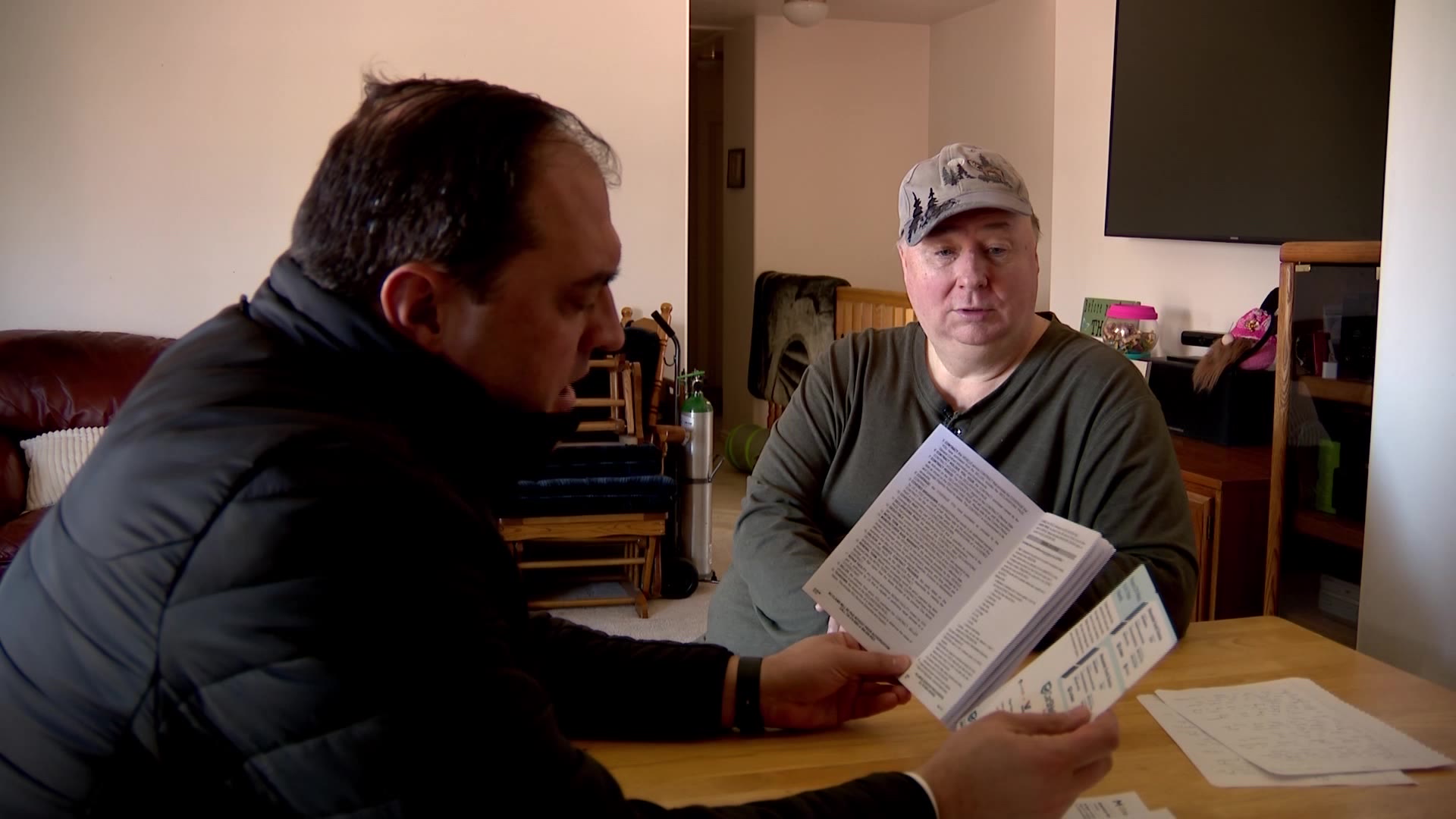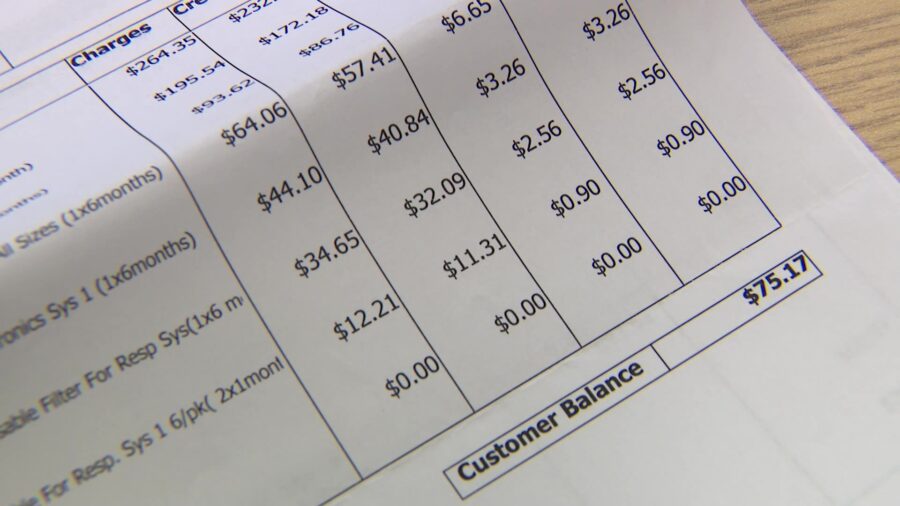Stopping America’s top scam: imposter fraud
Mar 6, 2024, 11:24 PM | Updated: 11:32 pm
SOUTH JORDAN — Phil Keeve was in the market for a new laptop.
“Not actually for me. It was going to be a birthday gift down the road,” Keeve said.
As luck would have it, he found someone selling one online. This wasn’t some random classified ad. Keeve connected with the seller through a private message group used by his former college fraternity.
“Didn’t really come across as being ‘scammy,’” he said.
He sent the money – a few hundred bucks – but the seller never sent the laptop. Worse, the seller’s account was shut down shortly thereafter. That’s when Keeve realized that post was, indeed, “scammy.”
“Suckered me in,” he said.
He fell victim to what’s officially called an imposter scam and he’s in good company, according to data from the Federal Trade Commission.
Imposter fraud scams were the top fraud category, with reported losses of $2.7 billion. In addition to pretending to be someone you know, these crooks pretend to be your bank’s fraud department, the government, a relative in distress, a well-known business, or a tech support rep. And worse, the total losses reported have shot way up compared to the year before.
“A little more embarrassed than anything,” Keeve said.
That’s why experts say it’s so helpful when guys like Keeve are open about what happened to them. Tell your relatives. Tell your friends. Tell your local TV news reporter, because the best way to stop these frauds is for people to know about them.
“Just increased awareness of what can happen to you online,” he said.
Keeve sent the money using a money transfer app, Zelle. We reached out to them to ask what happened in his case. A spokesperson told us they are investigating.
This past summer, Zelle’s parent company – Early Warning Services – changed its policy to require partnering banks and credit unions to reimburse people who have lost money to qualifying impostor scams.














